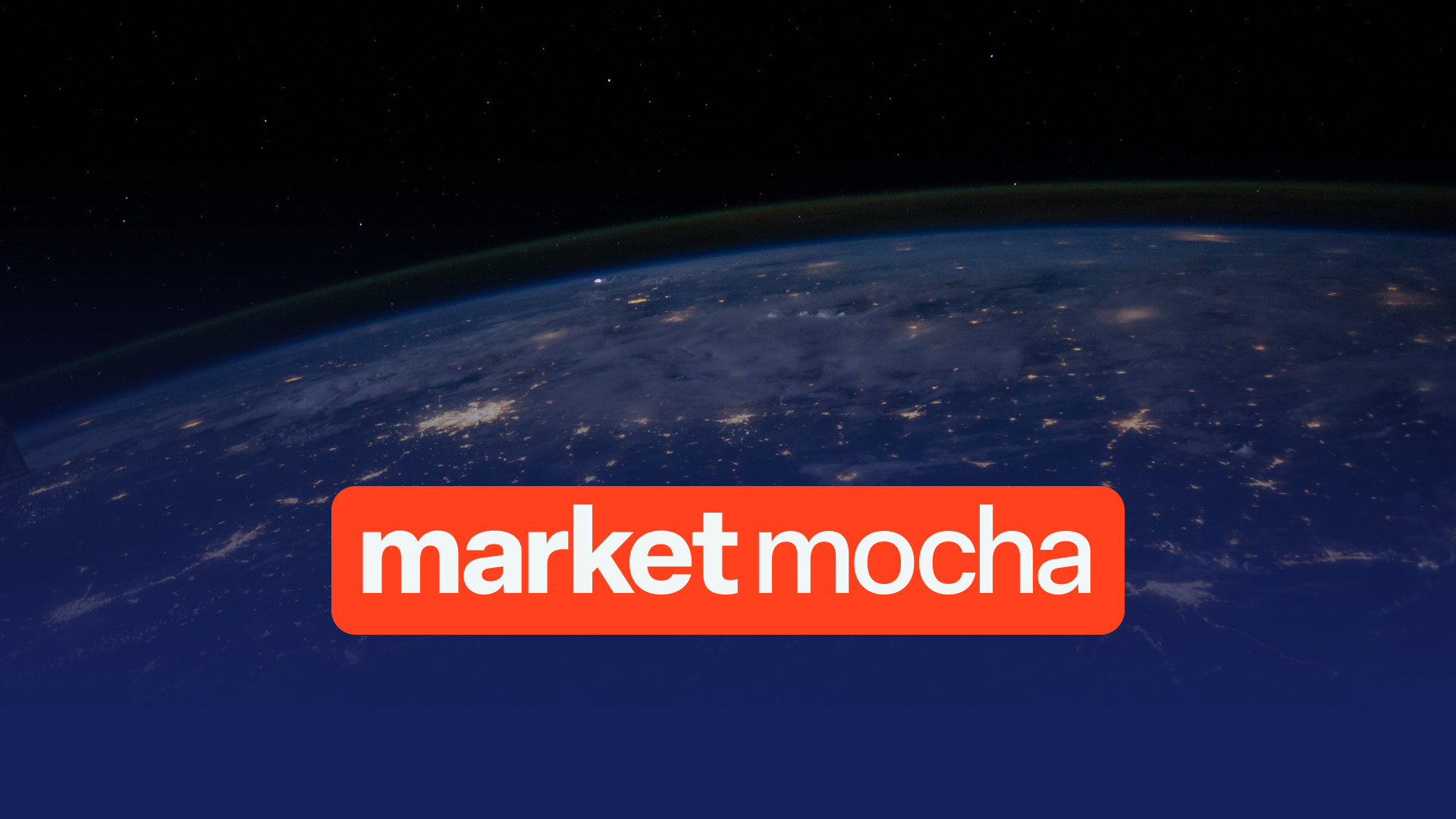The deal brings iPhone designer’s team in-house as OpenAI accelerates plans for a new generation of AI-powered devices
OpenAI has agreed to acquire io, the secretive AI hardware startup founded by former Apple design chief Jony Ive, in a US$6.4 billion (A$10 billion) all-stock deal—its largest acquisition to date. The move marks a significant escalation of OpenAI’s ambitions to bring artificial intelligence into the physical world through new, human-centred hardware devices.
The acquisition will see approximately 55 engineers and designers from io join OpenAI’s San Francisco headquarters, while Ive himself will take on “deep creative and design responsibilities” across OpenAI and io. However, he will remain independent through his design firm LoveFrom, which will oversee design for all OpenAI software and hardware.
A design legacy meets next-generation AI
Jony Ive, best known as the architect behind Apple’s most iconic devices—including the iPhone, iMac, iPod, MacBook Air, and Apple Watch—left Apple in 2019 after nearly three decades to establish LoveFrom. In 2023, he co-founded io with fellow Apple alumni Evans Hankey, Tang Tan, and Scott Cannon to explore novel hardware form factors designed specifically for the AI era.
OpenAI CEO Sam Altman and Ive said their partnership grew out of a two-year collaboration, initially sparked by a conversation about rethinking the user interface for ChatGPT. “We have not yet figured out what the equivalent of the graphical user interface is going to be,” Altman said, noting that AI “needs a new kind of computing form factor” to reach its full potential.
“I have a growing sense that everything I have learned over the last 30 years has led me to this moment,” Ive added. “This is a rare and precious opportunity.”
A move beyond screens
Although the companies have yet to disclose specific products, the joint team is reportedly exploring devices that move users “beyond screens”—with options including AI-powered wearables such as cameras, headphones, and other novel interfaces. Ive and Altman expect their first product to launch in 2026.
Altman described the venture as “crazy, ambitious,” and said the aim is to build a family of products for the artificial general intelligence (AGI) era. “People have an appetite for something new, which is a reflection of unease with where we currently are,” Ive said, referencing the dominance of smartphones and their social consequences.
The effort could challenge the current dominance of devices like the iPhone, a product Ive helped define. However, both Altman and Ive cautioned that the goal isn’t to replace smartphones outright. “In the same way that the smartphone didn’t make the laptop go away, I don’t think our first thing is going to make the smartphone go away,” Altman said.
Strategic implications for OpenAI
The acquisition comes as OpenAI seeks to maintain its lead in the generative AI race against competitors like Google, Anthropic, and xAI. The company recently acquired coding startup Windsurf for US$3 billion and analytics platform Rockset for an undisclosed amount. It has also expanded its robotics and hardware teams, including hiring former Meta AR executive Caitlin Kalinowski and investing in robotics firm Physical Intelligence.
OpenAI’s latest funding round, led by SoftBank, valued the company at US$300 billion, with Microsoft holding a 49% stake following a US$13 billion investment.
By acquiring io, OpenAI gains not just a team of seasoned hardware engineers but also a long-term design vision underpinned by Ive’s decades of experience creating culturally defining products. The hardware division will be led by OpenAI VP of product Peter Welinder, and will operate from both io’s Jackson Square office and OpenAI’s existing headquarters.
A new design era
While LoveFrom will continue servicing legacy clients such as Ferrari and Airbnb, it will not take on new major clients as it focuses on OpenAI. The firm includes many former Apple designers who helped shape the look and feel of macOS and iOS, including Bas Ording and Mike Matas.
The scale and ambition of the partnership suggest that OpenAI is not simply building gadgets—it is attempting to reimagine the entire interface between humans and AI. As Altman put it, “We’re obviously still in the terminal phase of AI interactions. But we will get to something better. We have to.”
The deal is expected to close in mid-2025, pending regulatory approval.





